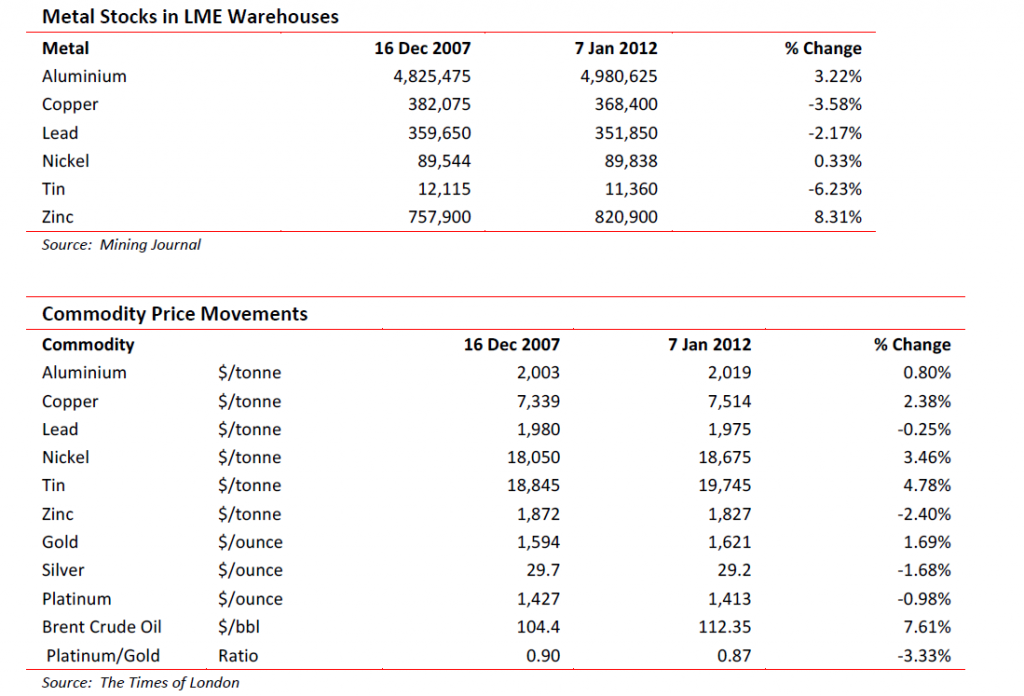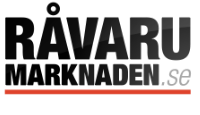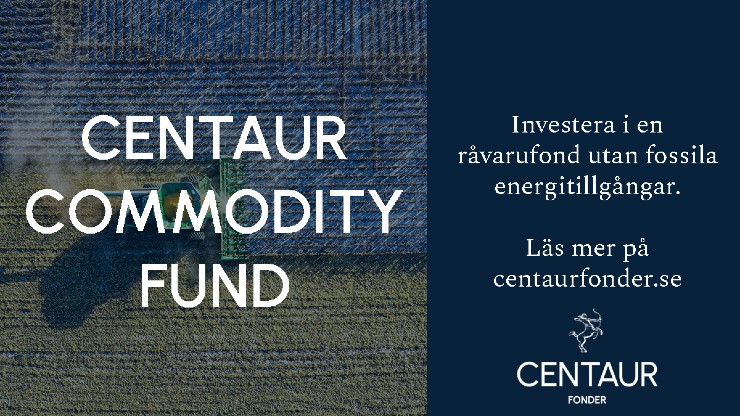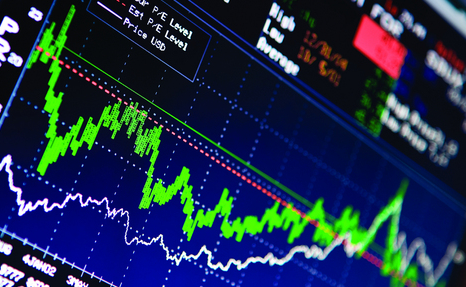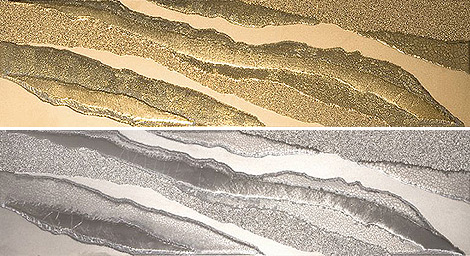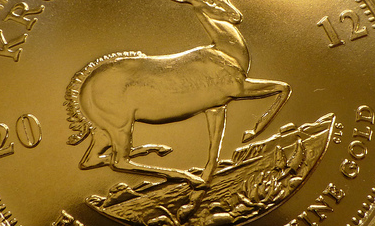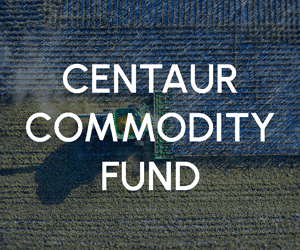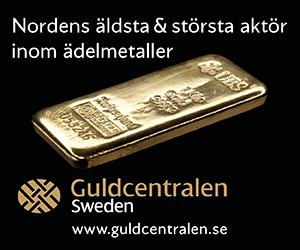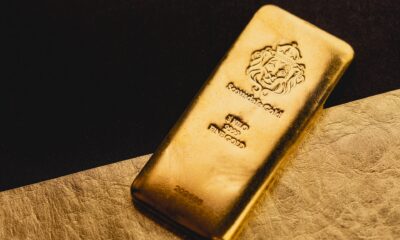Nyheter
David Hargreaves on Metals and Minerals, week 2 2012
Metals and Minerals
Exchange Traded Metals
It is a proven fact that traded metals do not hold strong religious beliefs. So they exited Christmas and New Year in the same mood that they entered. They mirrored the mood of the economy. It there is to be a recovery – not just this one, any one – the basic steel industry metals kick start it, for roads and building work. Then come the non-ferrous for manufacturing cars and consumer goods, followed by the minors for the clever, high technology end. Last but not least we have the pure indulgences, like diamonds. So it was. Both coal (3%) and iron ore (1%) nudged up last week, the exchanged traded metals hardly moved and the minors were down to neutral. So no runaway recovery posted yet. LME warehouse stocks were indicative. We are conditioning ourselves to aluminium, nickel and zinc being in structural surplus and copper being tight. The stocks concurred. Copper’s fall of almost 4% contrasted with aluminium’s rise of over 3%.
Both were overshadowed by zinc, which rose a full 8%, to over 820,000 tonnes, or 25 days’ world consumption. That is still only a half of the hapless aluminium at 46 days. Tin could be of interest. Stocks at 11,360t are only 11 days’ supply.
The price is level across the 15-month contract spread and could move into a backwardation. It has been a long time since the metals offered these opportunities. Copper could tighten further, although the knowledgeable Simon Hunt, of SH Strategic Services, warns that much of its surplus can be laid at the doorstep of speculators and investors (spot the difference?). On the physical front, Peru, world No 3 miner (8% of total), is still grappling with environmentalists. Then to Indonesia. There Freeport McMoran has settled (or so it thought) a long running violent dispute at its giant Grasberg Mine only to be told the workers are demanding payment for the three months they were on strike. Interesting people, workers. Met one once.
Aluminium’s woes continue. Alcoa, the world’s No 2 refiner with 12% global output, is to cut its smelting capacity by 12% because of low prices. About 25% of all world production runs at a loss below $2500/t. It is presently just over $2000. Will the others, UC Rusal (10%), Rio Tinto (9%) and Chalco (8%) follow suit?
Bulk minerals
Precious Metals
So a leading analyst tells us silver hit an all time high in 2011. Can’t fault that, but so did gold and platinum. Then which did best and why and will the same factors drive 2013?
Well there are as many forecasts as there are analysts but the gold $5000/oz, silver $200/oz and platinum-in-orbit boys are back behind the barricades. We incline to the downside view of floors around $1400-1450, $20-25 and 1250-1300.
Why? this is much about the Euro and the world will not come to an end whatever the outcome of that sad saga. If the world economy DOES turn down, then silver and platinum will follow it as industrial metals. If it turns up, so will inflation and interest rates. The attractions of gold will diminish. An increasingly ventilated idea is that China will spend some of its $3.2 x 10¹² FOREX reserves buying gold ready for the People’s Republic taking over from the USA. We pointed out some time ago that it is not really do-able. It would buy them about 62,000 tonnes at $1600/oz but would curtail their financial raping and pillaging of Africa. They would need to buy at least 8000 tonnes to overtake what Fort Knox has, then think what it would do to the price. We prefer Plan B, which is allowing their citizens to buy it as a safe haven and take it off them when the need arises. If it worked for the US and Germany, why not China? Annual gold output is c.2600 tonnes, so where would it all come from?
Our friend Adrian Day of Day Asset Management is bullish for gold with caveats. He notes wealth is shifting from West to East (where they have a different take on hoarding and with good reason) and that investors are waiting for a floor. Like a boxer who has gone on too long? He also looks as we do for shares to outperform the metal on the upside. But there has to be an upside. Any more on the down and the shares will fall further.
The Banks Get Coy on gold. Two of Britain’s biggest banks, HSBC and Barclays, have backed off mega upside projections for 2012. HSBC rests at $1825. Barclays comes in at $1875. But J P Morgan Chase, with Morgan Stanley and Société Generale, are for it to be ‘well above’ $2000. Ever thought of taking up darts? It would be uncharitable to suggest the big boys are talking up their own books now, wouldn’t it?
Minor Metals
[hr]
About David Hargreaves
David Hargreaves is a mining engineer with over forty years of senior experience in the industry. After qualifying in coal mining he worked in the iron ore mines of Quebec and Northwest Ontario before diversifying into other bulk minerals including bauxite. He was Head of Research for stockbrokers James Capel in London from 1974 to 1977 and voted Mining Analyst of the year on three successive occasions.
Since forming his own metals broking and research company in 1977, he has successfully promoted and been a director of several public companies. He currently writes “The Week in Mining”, an incisive review of world mining events, for stockbrokers WH Ireland. David’s research pays particular attention to steel via the iron ore and coal supply industries. He is a Chartered Mining Engineer, Fellow of the Geological Society and the Institute of Mining, Minerals and Materials, and a Member of the Royal Institution. His textbook, “The World Index of Resources and Population” accurately predicted the exponential rise in demand for steel industry products.
Nyheter
USA ska införa 50 procent tull på koppar
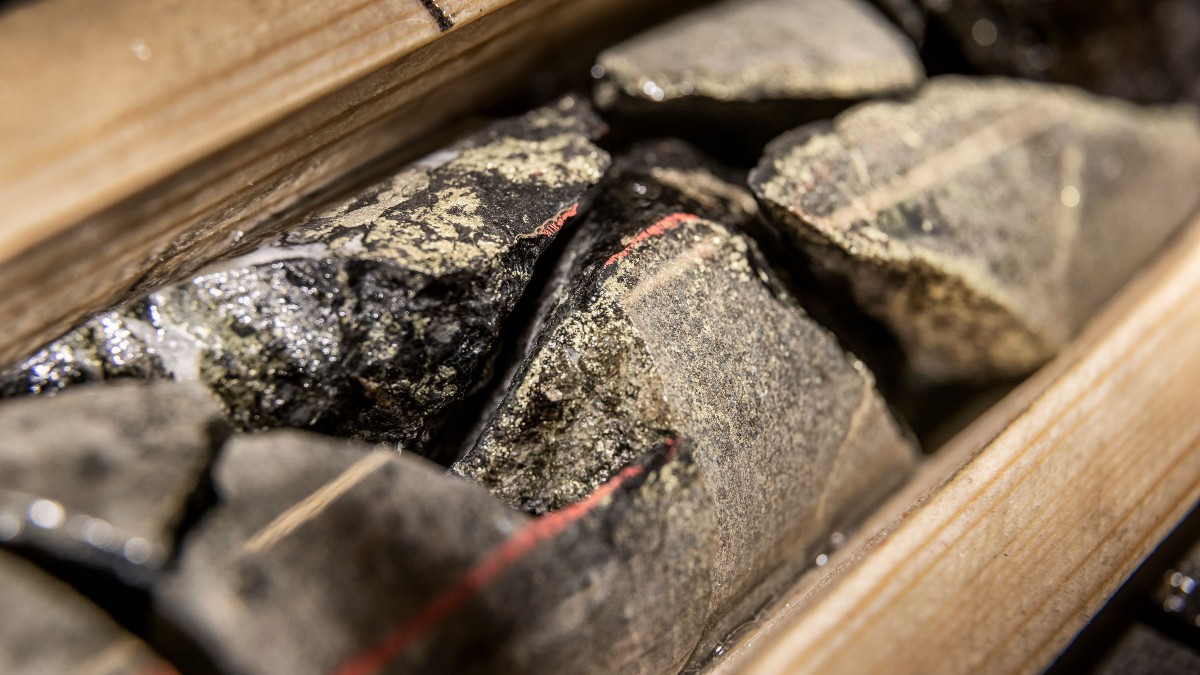
USA:s president Donald Trump har precis meddelat att landet ska införa en tull på 50 procent på basmetallen koppar. Priset på råvarubörsen i USA stiger omgående med 10 procent.
USA har viss inhemsk produktion av koppar, men den inhemska efterfrågan överstiger produktionen. Därför måste landet importera koppar för att täcka behovet, särskilt för användning inom elnät, elektronik, byggindustri och fordonssektorn. De största exportörerna till USA är Chile, Kanada, Mexiko och Peru.
När tullar av denna typ införs uppstår prisskillnader i världen. Handlar man koppar på börsen är det därför viktigt att veta vilken börs man handlar på eller om man använder certifikat så är det viktigt att veta vilka underliggande värdepapper de följer.
Sedan är det som alltid med Trump, begreppet är som bekant TACO, Trump Always Chickens Out. Man ska alltså inte ta några definitiva stora beslut baserat på vad han säger. Saker och ting kan ändra sig från dag till dag.
Nyheter
Ryska staten siktar på att konfiskera en av landets största guldproducenter
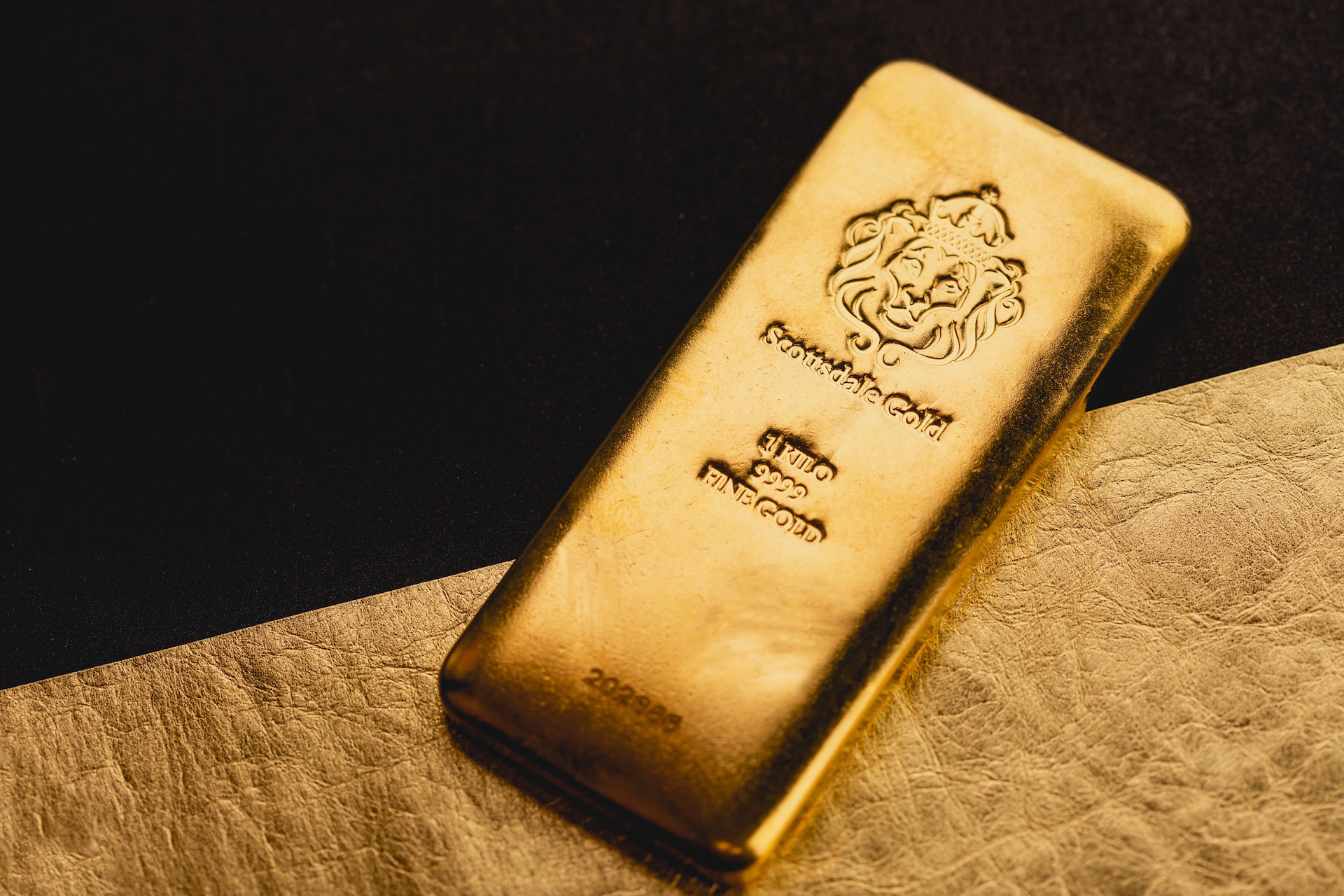
En våg av panik sprider sig bland Moskvas elit sedan Vladimir Putins regim inlett en dramatisk offensiv för att beslagta tillgångarna hos Konstantin Strukov – en av Rysslands rikaste affärsmän och ägare till landets största guldgruvföretag, Yuzhuralzoloto. Åtgärden ses som ett tydligt tecken på hur långt Kreml är villigt att gå för att säkra ekonomiska resurser i takt med att kostnaderna för kriget i Ukraina stiger.
Strukovs förmögenhet, som uppskattas till över 3,5 miljarder dollar, byggdes upp under decennier i nära relation med maktens centrum i Ryssland. Men den 5 juli stoppades hans privatjet från att lyfta mot Turkiet. Enligt flera ryska medier deltog den federala säkerhetstjänsten FSB i ingripandet, och Strukovs pass beslagtogs. Händelsen ska vara kopplad till en omfattande rättsprocess där åklagare kräver att hela hans företagsimperium förverkas – med hänvisning till påstådd korruption och användning av skalbolag och familjemedlemmar för att dölja tillgångar.
Företaget själva förnekar att något inträffat och kallar rapporteringen för desinformation. De hävdar att Strukov befann sig i Moskva hela tiden. Trots det bekräftar rättsdokument att både han och hans familj förbjudits att lämna landet, och att myndigheterna snabbt verkställt beslutet.
Det som nu sker är en del av ett större mönster i ett Ryssland präglat av krigsekonomi: staten tar tillbaka kontrollen över strategiska sektorer som guld, olja och försvarsindustri – industrier som nu allt mer mobiliseras för att finansiera och stödja krigsinsatsen. Intressant nog handlar det inte om att Strukov ska ha varit illojal mot regimen – tvärtom har han varit en lojal allierad, med politiska uppdrag knutna till Putins parti. Men lojalitet räcker inte längre som skydd.
Medan tidigare utrensningar ofta riktade sig mot krigskritiker eller de som flydde landet, drivs dagens tillgångsövertaganden av något mer fundamentalt: ekonomisk nöd. De växande sanktionerna har nästan helt strypt inflödet av utländskt kapital. Statens oljeintäkter minskar och budgetunderskotten växer. Putins lösning är att vända sig inåt – till de oligarker han själv lyfte fram – för att fylla statskassan.
Det här är inte ett enskilt fall. På senare tid har flera framstående affärspersoner hamnat i plötsliga rättsliga tvister, omkommit under mystiska omständigheter eller sett sina bolag tas över av staten. Den oskrivna överenskommelsen som länge gällde i Putins Ryssland – rikedom i utbyte mot lojalitet – håller på att kollapsa.
Den 8 juli väntar en rättsförhandling som kan avgöra framtiden för Strukovs affärsimperium. Men budskapet till Rysslands näringslivselit är redan tydligt: ingen är för rik, för lojal eller för nära den politiska makten för att gå säker. I ett Ryssland där kriget kräver allt större uppoffringar riskerar oligarker att snabbt förvandlas till måltavlor.
Nyheter
Hur säkrar vi Sveriges tillgång till kritiska metaller och mineral i en ny geopolitisk verklighet?
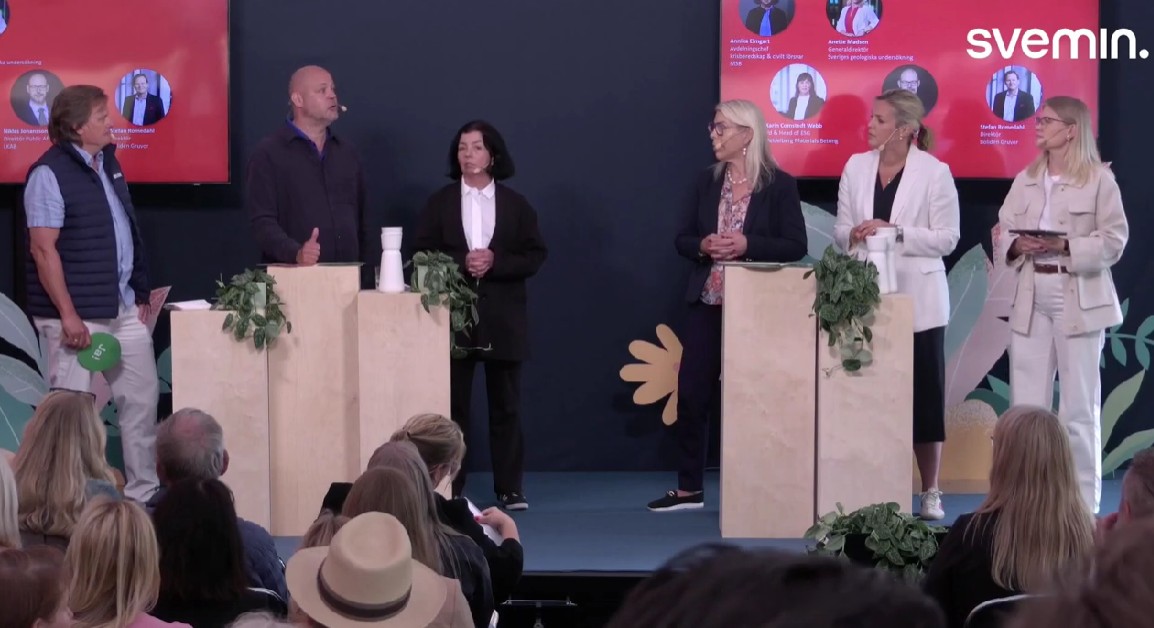
När världsläget förändras ställs Europas beroende av metaller och mineral på sin spets. Geopolitiska spänningar, handelskonflikter och ett mer oförutsägbart USA gör att vi inte längre kan ta gamla allianser för givna. Samtidigt kontrolleras en stor del av de kritiska råvarorna vi är beroende av av andra makter – inte minst Kina. Vad händer med Sveriges industriella förmåga i ett läge där importen stryps? Hur påverkas försvarsindustrin av Kinas exportrestriktioner? Är EU:s nya råvarupolitik tillräcklig för att minska sårbarheten – eller krävs ytterligare statliga insatser och beredskapslagring? Svemin anordnade den 25 juni ett seminarium som bestod av bestod av deltagare från myndigheter, politik och industri. Man diskuterar Sveriges och EU:s strategiska vägval i en ny global verklighet – och vad som krävs för att säkra tillgången till metaller när vi behöver dem som mest.
-
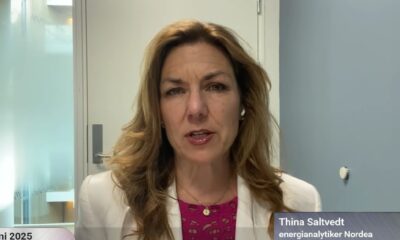
 Nyheter4 veckor sedan
Nyheter4 veckor sedanUppgången i oljepriset planade ut under helgen
-

 Nyheter3 veckor sedan
Nyheter3 veckor sedanMahvie Minerals växlar spår – satsar fullt ut på guld
-

 Nyheter4 veckor sedan
Nyheter4 veckor sedanLåga elpriser i sommar – men mellersta Sverige får en ökning
-
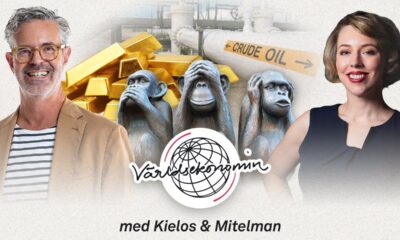
 Nyheter2 veckor sedan
Nyheter2 veckor sedanOljan, guldet och marknadens oroande tystnad
-
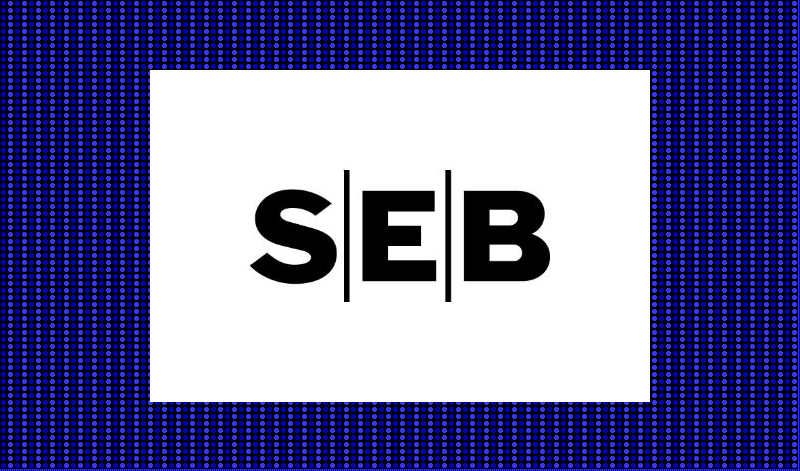
 Analys4 veckor sedan
Analys4 veckor sedanVery relaxed at USD 75/b. Risk barometer will likely fluctuate to higher levels with Brent into the 80ies or higher coming 2-3 weeks
-

 Nyheter2 veckor sedan
Nyheter2 veckor sedanJonas Lindvall är tillbaka med ett nytt oljebolag, Perthro, som ska börsnoteras
-

 Analys3 veckor sedan
Analys3 veckor sedanA muted price reaction. Market looks relaxed, but it is still on edge waiting for what Iran will do
-

 Nyheter2 veckor sedan
Nyheter2 veckor sedanDomstolen ger klartecken till Lappland Guldprospektering



